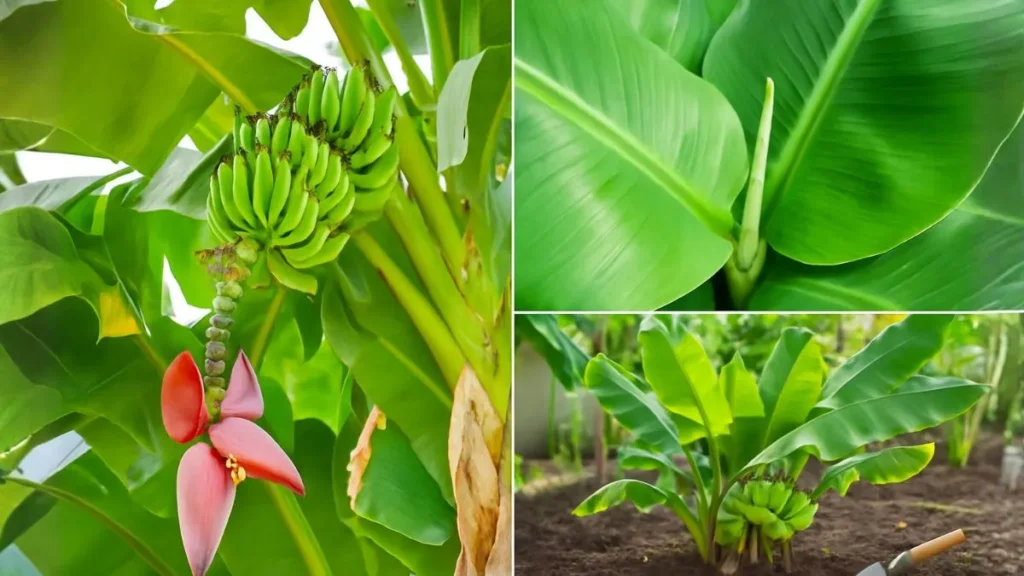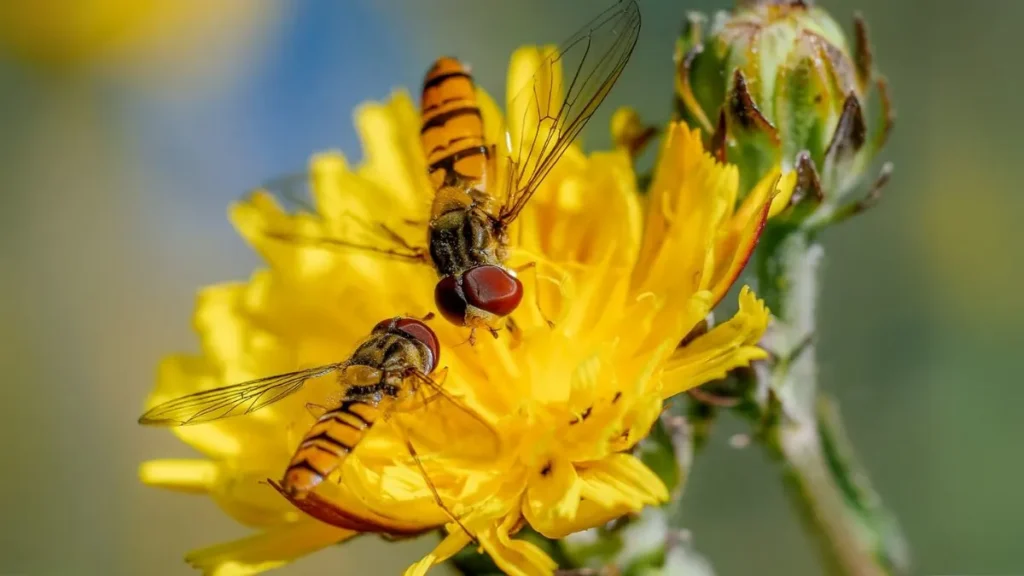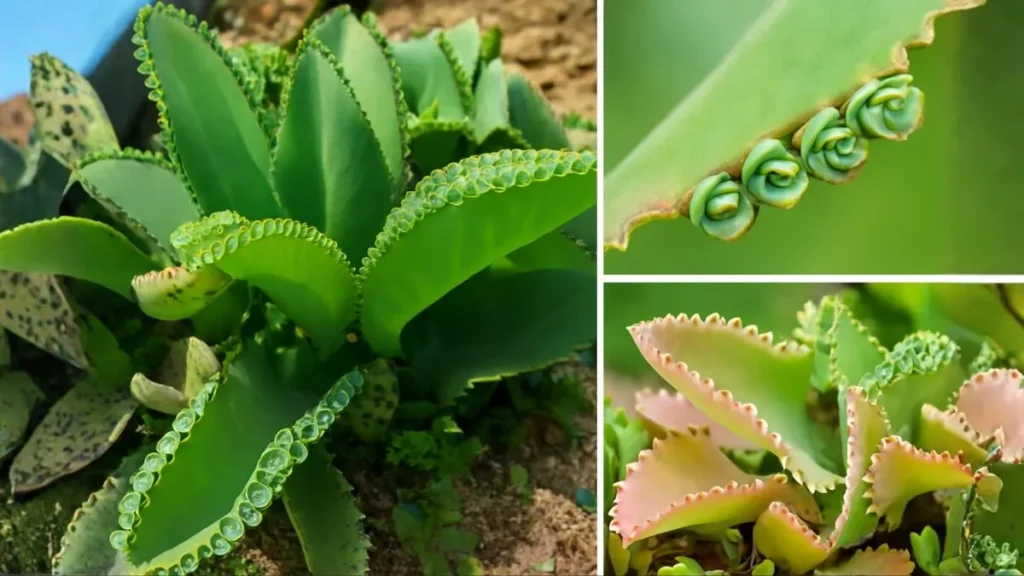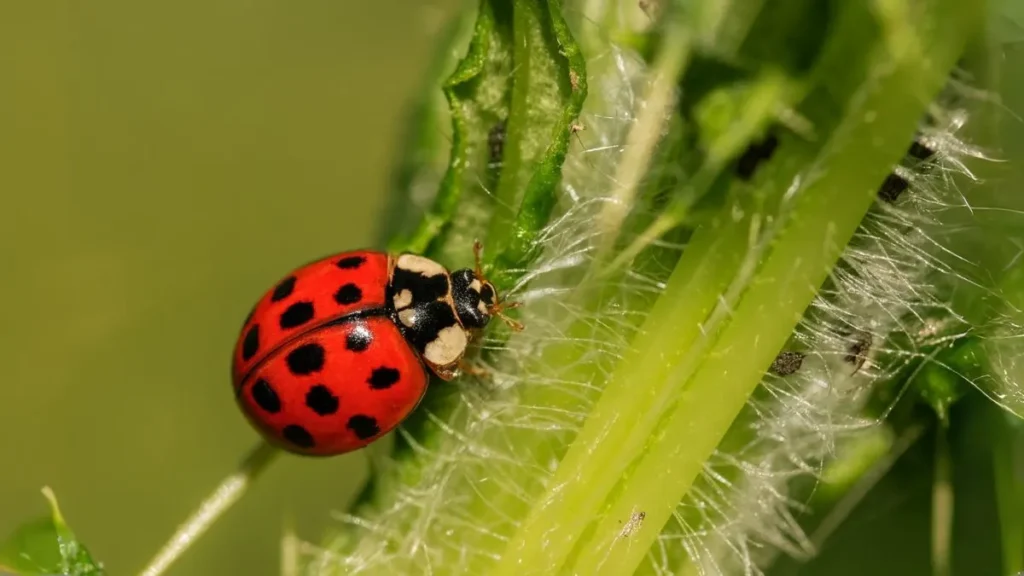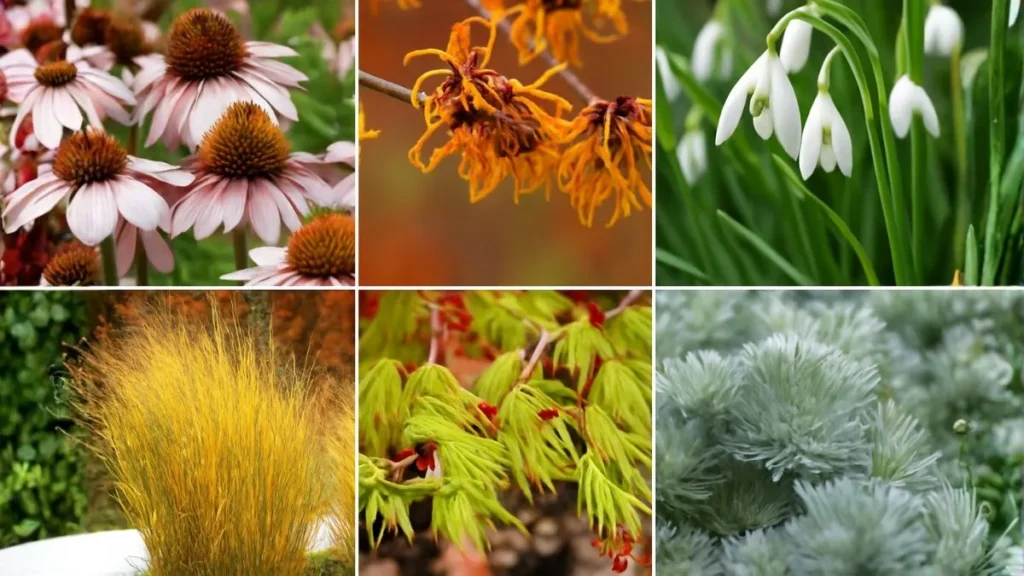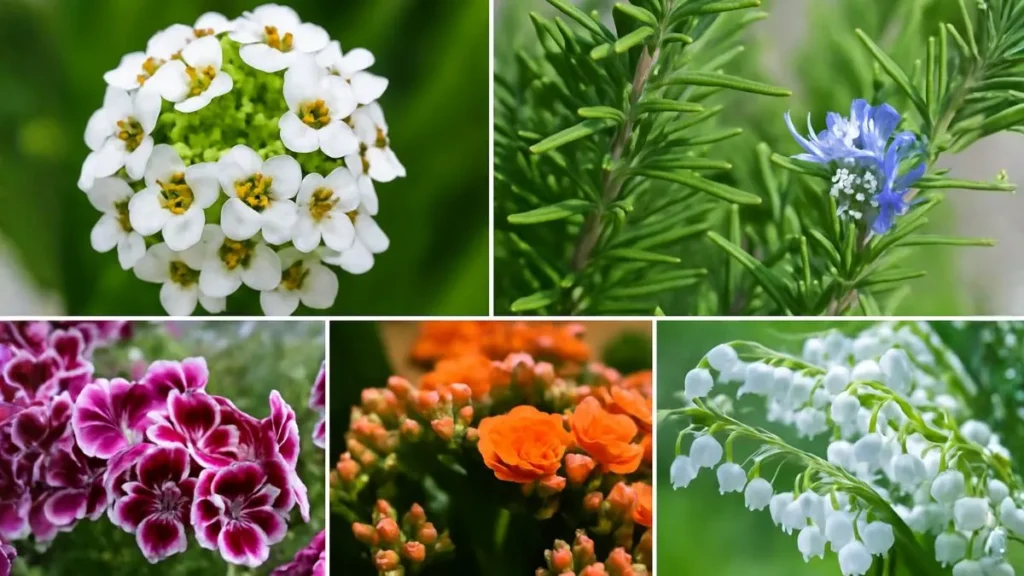Ever walked past a garden where giant purple, pink, or white globes seem to float above slender stalks? Those captivating blooms are alliums, part of the onion family. While onions and garlic may dominate your kitchen, their floral cousins bring unmatched elegance to your garden. The good news is—they’re not fussy. With just a bit of preparation, you can plant bulbs in fall for a spring bloom that will leave neighbors asking for your gardening secrets.
Why Choose Alliums for Your Garden?
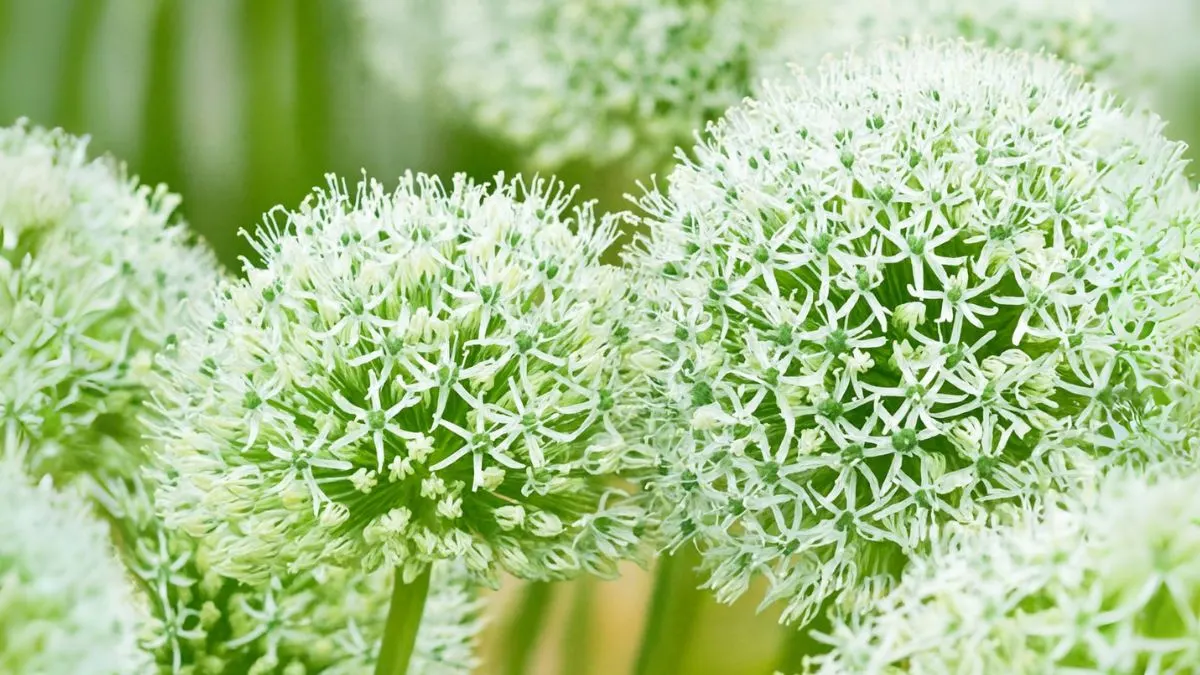
- Low Maintenance: Once planted, they require minimal attention.
- Long Blooming Period: Their flowers last weeks, adding color to spring gardens.
- Pollinator Friendly: Bees and butterflies love them.
- Deer and Rodent Resistant: Unlike tulips, these bulbs are rarely disturbed by pests.
From personal experience, I first grew alliums in full sunlight near my vegetable patch. Not only did they beautify the space, but they also acted as natural pest deterrents—a double win.
When and How to Plant Allium Bulbs
Timing is Everything
Gardeners should plant allium bulbs in fall for a spring bloom. This gives them enough time to establish strong roots before winter sets in.
- Best Months: September to November, depending on your climate.
- Soil Temperature: Ideally below 15°C (59°F) for proper root growth.
Also Read: Viola Flowers: Tiny Blooms With Big Personality—And Easy Care!
Planting Steps
- Choose the Right Location – Remember, alliums thrive in locations with rich, well-drained soil and full sun.
- Prepare the Soil – Mix in compost or organic matter to improve fertility.
- Depth and Spacing – Plant bulbs 2-3 times deeper than their size, usually 4–6 inches deep and 6–8 inches apart.
- Watering – Give them a good soak after planting, then let nature do the rest.
👉 Pro Tip: Avoid soggy soil as bulbs can rot.
Alliums Thrive in Full Sunlight
If there’s one thing to remember, it’s that alliums thrive in full sunlight. Plant them in a spot that gets at least 6 hours of direct sun daily. Too much shade can result in weak stems and smaller flowers.
Even if you live in cooler regions like Canada, finding a sunny patch will ensure bold, tall blooms. In warmer climates like parts of the USA, they’ll still flourish as long as the soil drains well.
Popular Allium Varieties to Grow
Variety |
Bloom Color |
Height |
Best For |
Allium giganteum |
Purple globes |
Up to 4 feet |
Statement borders |
Allium ‘Purple Sensation’ |
Deep purple |
2–3 feet |
Mid-sized garden displays |
Allium christophii |
Silvery lilac |
1–2 feet |
Rock gardens, containers |
Allium sphaerocephalon |
Reddish-purple |
2 feet |
Summer extension of blooms |
Each of these varieties ensures your garden stays lively with different shapes and sizes.
Caring for Alliums After Planting
- Watering: These plants don’t demand much. Once established, they’re drought-tolerant. Overwatering is the most common mistake. Remember, these are luckily not thirsty plants, so easy on the water.
- Fertilizing: In early spring, apply a balanced fertilizer to encourage growth. Rich, organic soil will keep the bulbs happy.
- Post-Bloom Care: After the flowers fade, allow the foliage to remain until it yellows. This helps the bulbs recharge for the next season.
👉 From my own gardening journey, cutting foliage too soon once left me with smaller flowers the next year. Patience really pays off.
Also Read: Bellis Flowers: The Low-Maintenance Bloom That Keeps Coming Back
Combining Alliums with Other Plants
Alliums look magical when planted alongside tulips, irises, or ornamental grasses. Their tall stems rise above shorter plants, creating a layered garden effect. Designers often use them in modern landscapes across the USA and Canada because they bring architectural drama. Their long-lasting blooms also make them excellent cut flowers for vases.
Planting allium bulbs is one of the easiest ways to add beauty, elegance, and drama to your garden. Whether you’re a beginner or an experienced gardener, these globe-like blooms are forgiving, resilient, and rewarding.
👉 Try it this season, and by spring, you’ll understand why gardeners worldwide swear by the magic of alliums.
